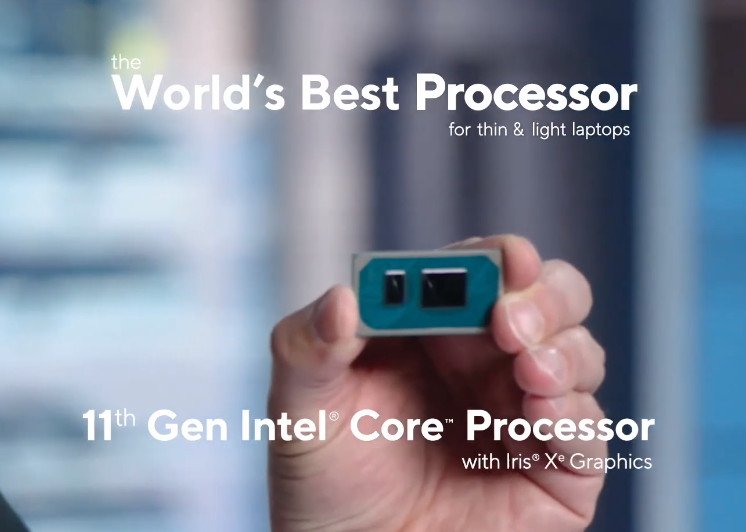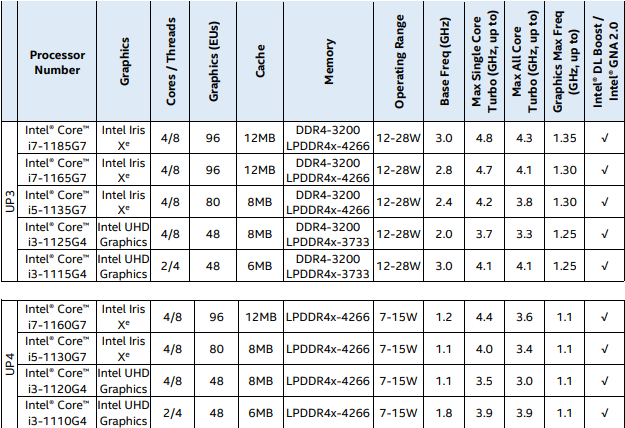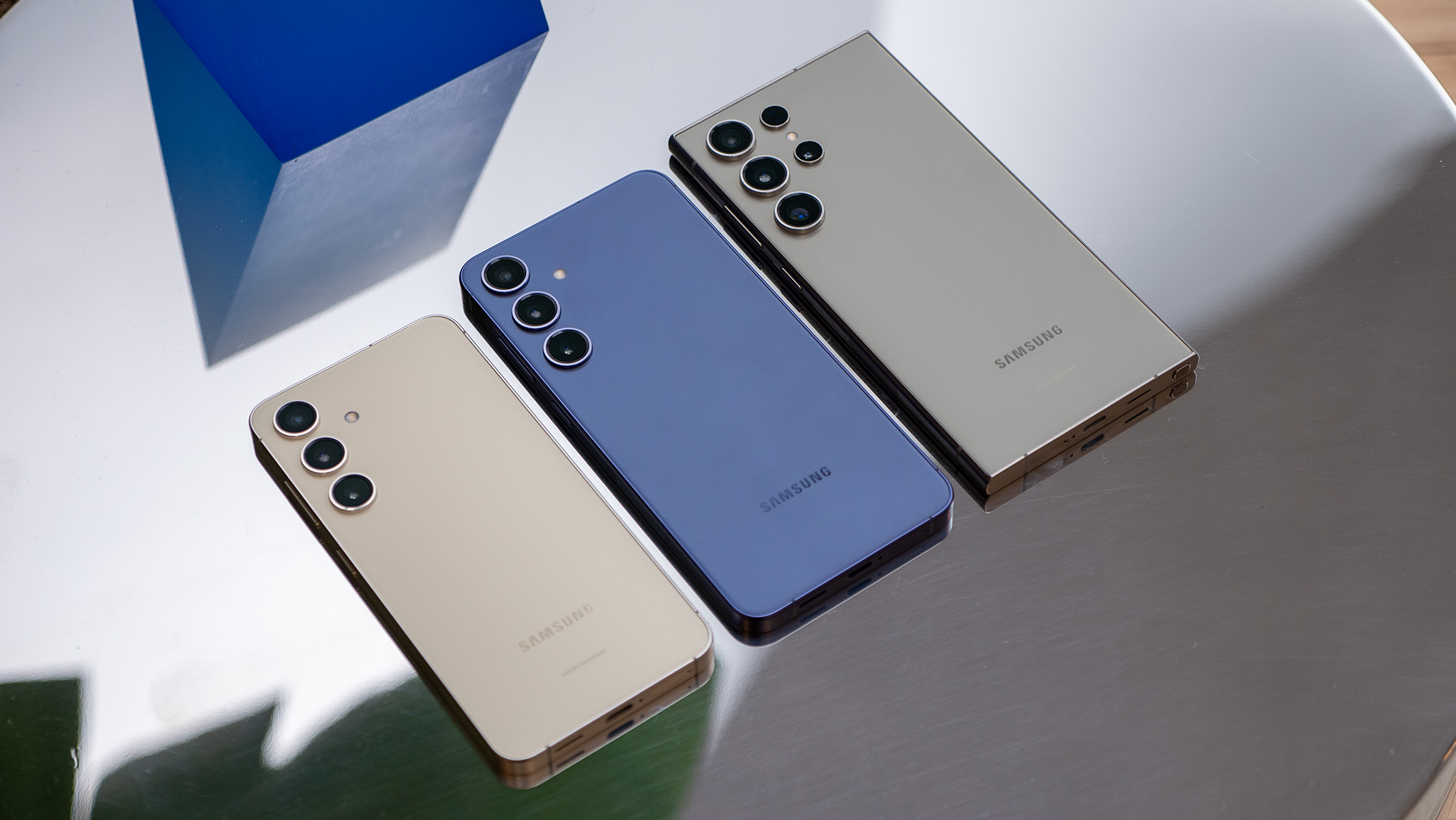Intel's 11th-gen Tiger Lake CPUs will turbocharge next-gen Chromebooks

What you need to know
- Intel has debuted its first Tiger Lake designs aimed at notebooks, delivering sizable gains in performance.
- The Iris Xe graphics platform is twice as fast as 10th-gen integrated graphics.
- Intel is also introducing hardware-level support for Dolby Vision and AV1 codec.
- Tiger Lake will be coming to 150 designs, and the platform will power next-gen Chromebooks.
Intel is finally showing off its 11th-gen Tiger Lake platform, and has been the case in recent years, the initial focus is on the notebook segment. The company is debuting designs in the Tiger Lake-U series, touting significant gains in performance — both for productivity and gaming. A big focus for Intel is the Chromebook segment, and the Tiger Lake series will power the next wave of Chromebooks.
Tiger Lake designs are based on the 10nm node, and Intel says its SuperFin process allows for higher frequencies and more efficiency. Intel says the flagship part in the Tiger Lake-U series — the Core i7-1185G7 — is 2.7 times faster at photo editing, two times faster at video editing, and twice as fast at gaming versus the previous generation. Intel is clearly going after AMD here, and the Tiger Lake-U designs are pitted against the Ryzen 4000U series.
Iris Xe offers a similar level of performance as the GeForce GTX 1050 Ti.
A big part of the performance gains is due to the new Iris Xe graphics platform, with Intel touting the ability to play titles like Borderlands 3, Far Cry New Dawn, Hitman 2 and others at 1080p.
The Iris Xe integrated graphics platform comes with 96 EUs and 12MB of L3 cache on the Core i7 versions, and the initial benchmarks suggest it delivers more than a generational leap in performance. We're looking at a 2.5 TFLOPS of compute power here, and that is in line with the GeForce GTX 1550 Ti or the Radeon RX 5300M.
Intel is introducing several AI-assisted features, including enhanced audio with background noise suppression, background blur for video conferencing utilities, Thunderbolt 4, and Wi-Fi 6 connectivity. Intel is also adding hardware-level support for Dolby Vision and the AV1 codec for 4K playback.

There are nine designs in the Tiger Lake-U series at launch, with the Core i7-1185G7 leading the pack. The four-core eight-thread design has a 3.0GHz base clock with 4.3GHz multi-core boost and 4.8GHz boost for single core. We're looking at a TDP of 12W to 28W, and the Iris Xe goes up to 1.35GHz.
Intel also has Core i5 designs that feature Iris Xe, and the entry-level Core i3 models come with the regular Intel UHD graphics. The new models have a lot to offer, and it will be interesting to see how they hold up in real-world use.
Be an expert in 5 minutes
Get the latest news from Android Central, your trusted companion in the world of Android
To round things off, Intel is debuting the Evo brand to distinguish thin-and-light designs that conform to Project Athena guidelines. For a notebook to qualify for the Evo brand, it will have to meet the following requirements:
- Consistent responsiveness on battery
- System wake from sleep in less than 1 second
- 9 or more hours of real-world battery life on systems with FHD displays
- Fast charging with up to 4-hour charge in under 30 minutes on systems with FHD displays
With Tiger Lake, Intel is touting huge gains in performance and gaming. The next generation of Chromebooks will benefit from the platform, and we should hear more about upcoming models powered by the Tiger Lake platform in the coming months.

Harish Jonnalagadda is Android Central's Senior Editor overseeing mobile coverage. In his current role, he leads the site's coverage of Chinese phone brands, networking products, and AV gear. He has been testing phones for over a decade, and has extensive experience in mobile hardware and the global semiconductor industry. Contact him on Twitter at @chunkynerd.
